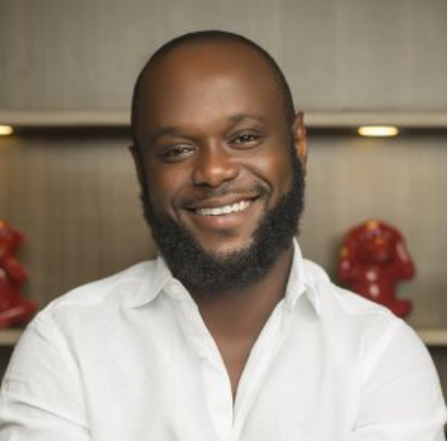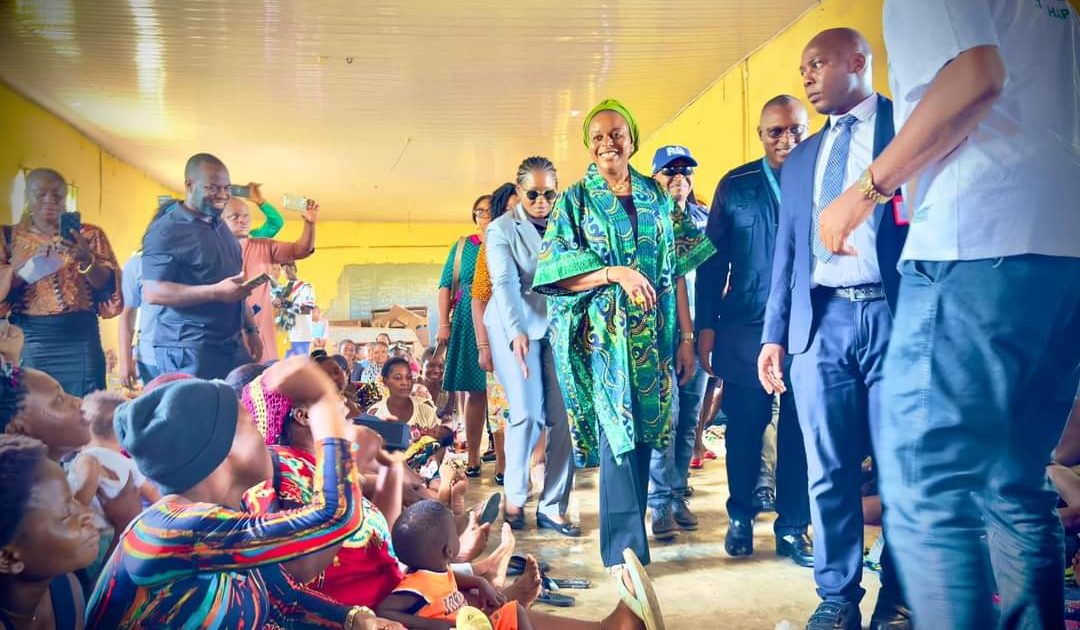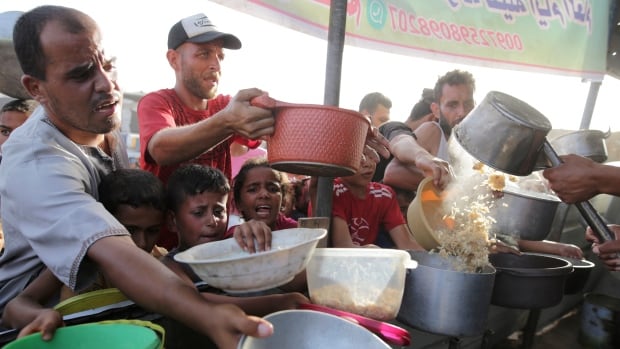Prime Minister Justin Trudeau had a private audience with Pope Francis on Friday as part of his participation in the final day of the G7 leaders’ summit in Apulia, Italy.
Trudeau also held meetings Friday with European Commission President Ursula von der Leyen, King Abdullah II bin Al-Hussein of Jordan and Prime Minister of Japan Kishida Fumio.
“We just concluded the G7 Leaders’ Summit in Apulia, where alongside our G7 partners, we announced comprehensive action to grow dynamic economies, build inclusive communities and keep our air clean,” Trudeau said in a media statement at the summit’s end.
The prime minister also attended a working session on migration Friday, a subject that is a priority for summit host Italy and its right-wing Prime Minister Giorgia Meloni.
Meloni is seeking to increase investment and funding for African nations as a means of reducing migratory pressure on Europe.
The Pope on AI
After meeting Trudeau, the pontiff addressed the G7 leaders on the promises and perils of artificial intelligence, urging them to keep human dignity in mind when developing and using the technology.
“We would condemn humanity to a future without hope if we took away people’s ability to make decisions about themselves and their lives, by dooming them to depend on the choices of machines,” he said.
“We need to ensure and safeguard a space for proper human control over the choices made by artificial intelligence programs. Human dignity itself depends on it.”
Pope Francis also called on G7 leaders to ban the use of killer robots.
“No machine should ever choose to take the life of a human being,” he said.”It is up to everyone to make good use of (AI) but the onus is on politics to create the conditions for such good use to be possible.”
Leaders of the G7 countries announced on Thursday that they will deliver a $50 billion US loan to Ukraine using interest earned on profits from Russia’s frozen central bank assets as collateral. Canada, for its part, has promised to pitch in $5 billion toward the loan.
Defence Minister Bill Blair, who is meeting with NATO defence ministers in the Belgian capital of Brussels, said Friday that Ukraine has been asking for funding for security and reconstruction and that $50 billion is part of the G7’s response.
“They do require certainty for planning,” he said, “not just for the immediate response to the battlefield, but also the work that they are going to have to do in the coming years to ensure the security and integrity of their sovereign borders and to undertake a strong period of reconstruction.”
Met with members of the Ukraine Defense Contact Group’s Drone Coalition, co-led by Latvia and the United Kingdom.<br><br>To strengthen Ukraine’s capabilities, Canada is donating 900 Canadian-built drones – and funding the production of drones by Ukraine’s domestic industry. <a href=”https://t.co/XbvZ9vwxrs”>pic.twitter.com/XbvZ9vwxrs</a>
—@BillBlair
In a post on X, formerly known as Twitter, Blair referenced an announcement the government made in April, regarding the donation of 900 drones built in Canada to strengthen Ukraine’s defence capabilities.
On his way into Friday’s NATO meeting, Blair also referenced already announced changes to the Canadian-led battlegroup in Latvia.
“Canada’s increasing our presence in the alliance’s eastern flank where we lead NATO’s multinational battle group in Latvia,” he said.
“We are working to scale up our multilateral [force] to brigade size,” Blair added. “As well, Canada is sending the HMCS Charlottetown into the Mediterranean where it is going to assume command of the standing NATO group 2.”
Blair’s latest announcement on Friday comes as NATO member countries continue to work to meet the group’s agreed-upon target of spending two per cent of GDP on their respective militaries.
According to NATO data, Canada was estimated to be spending 1.33 per cent of its GDP on its military budget.




